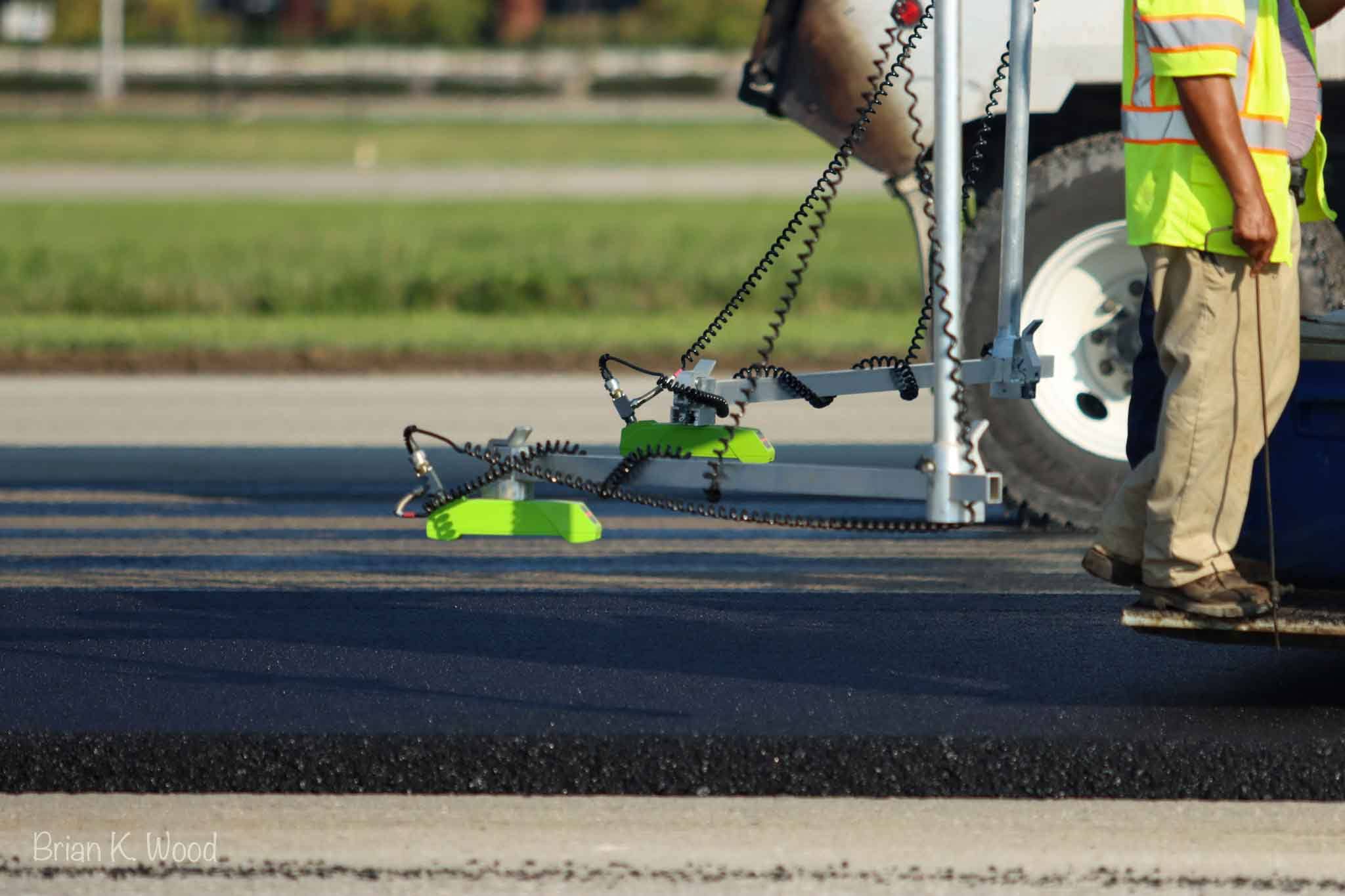
The construction industry in Kentucky, like much of the country, has seen significant transformations over the past few decades. The tools, technologies, and techniques have evolved, leading to a construction landscape that looks very different from the one our parents and grandparents knew. Let’s take a look at 10 ways today’s construction industry in Kentucky has changed compared to the previous generation.
1. Technology Integration
Today’s construction sites are a far cry from those of the past, thanks to the integration of advanced technologies. From Building Information Modeling (BIM) and drones to augmented reality (AR) and 3D printing, technology has revolutionized how projects are designed, managed, and executed. These innovations lead to increased efficiency, accuracy, and safety.
2. Sustainability Focus
A strong emphasis on sustainability is one of the most notable changes in the construction industry. Green building practices, energy-efficient designs, and sustainable materials are now standard considerations. Certifications like LEED (Leadership in Energy and Environmental Design) have become common goals for new projects, reflecting a broader commitment to environmental responsibility.
3. Safety Standards
The importance of safety has always been recognized, but the measures and regulations in place today are far more comprehensive. Advanced safety equipment, stringent protocols, and mandatory safety training programs have drastically reduced workplace accidents. Technologies like wearables that monitor vital signs and location have added an extra layer of safety for workers.
4. Labor Force Dynamics
The demographics and dynamics of the construction workforce have also shifted. There is now a greater push for diversity and inclusion, with more women and minorities entering the industry. Additionally, there is a significant emphasis on skilled labor, with numerous training programs and certifications available to ensure a highly competent workforce.
5. Project Management
Project management has evolved with the introduction of sophisticated software and tools. These innovations help streamline scheduling, budgeting, and resource allocation, making project oversight more efficient. Tools like Procore, Primavera, and Microsoft Project have replaced manual methods, leading to more organized and successful project completions.
6. Prefabrication and Modular Construction
Prefabrication and modular construction techniques are becoming more prevalent. These methods involve constructing parts of a project off-site in a controlled environment and then assembling them on-site. This approach can significantly reduce construction time, improve quality, and decrease waste.
7. Materials and Techniques
Advancements in materials science have introduced stronger, lighter, and more durable materials. Techniques such as concrete admixtures, advanced insulation, and high-performance glazing have improved the quality and longevity of buildings. These innovations enable more complex and ambitious architectural designs.
8. Regulatory Environment
The regulatory environment has become more complex and stringent, reflecting increased awareness of environmental impacts, safety, and worker rights. Compliance with local, state, and federal regulations is more demanding, requiring builders to stay informed and adapt to new rules and standards continually.
9. Client Expectations
Clients today have higher expectations regarding sustainability, technology integration, and project timelines. There is a greater demand for transparency, with clients wanting real-time updates and greater involvement in the construction process. This shift has prompted the industry to adopt more client-centric approaches and tools.
10. Education and Training
Education and training programs have significantly improved, offering more specialized and advanced courses to meet the industry’s evolving needs. Institutions in Kentucky are now offering degrees and certifications in construction management, sustainability, and advanced construction technologies, preparing the next generation of workers for a more complex and technical industry.
The construction industry in Kentucky has undergone a profound transformation over the past few decades. These changes have led to a more efficient, safe, and sustainable industry that is better equipped to meet the demands of the modern world. As technology and best practices continue to evolve, the future of construction looks bright, promising even more advancements and improvements in the years to come. For those involved in the industry, staying informed and adaptable is key to thriving in this ever-changing landscape.
